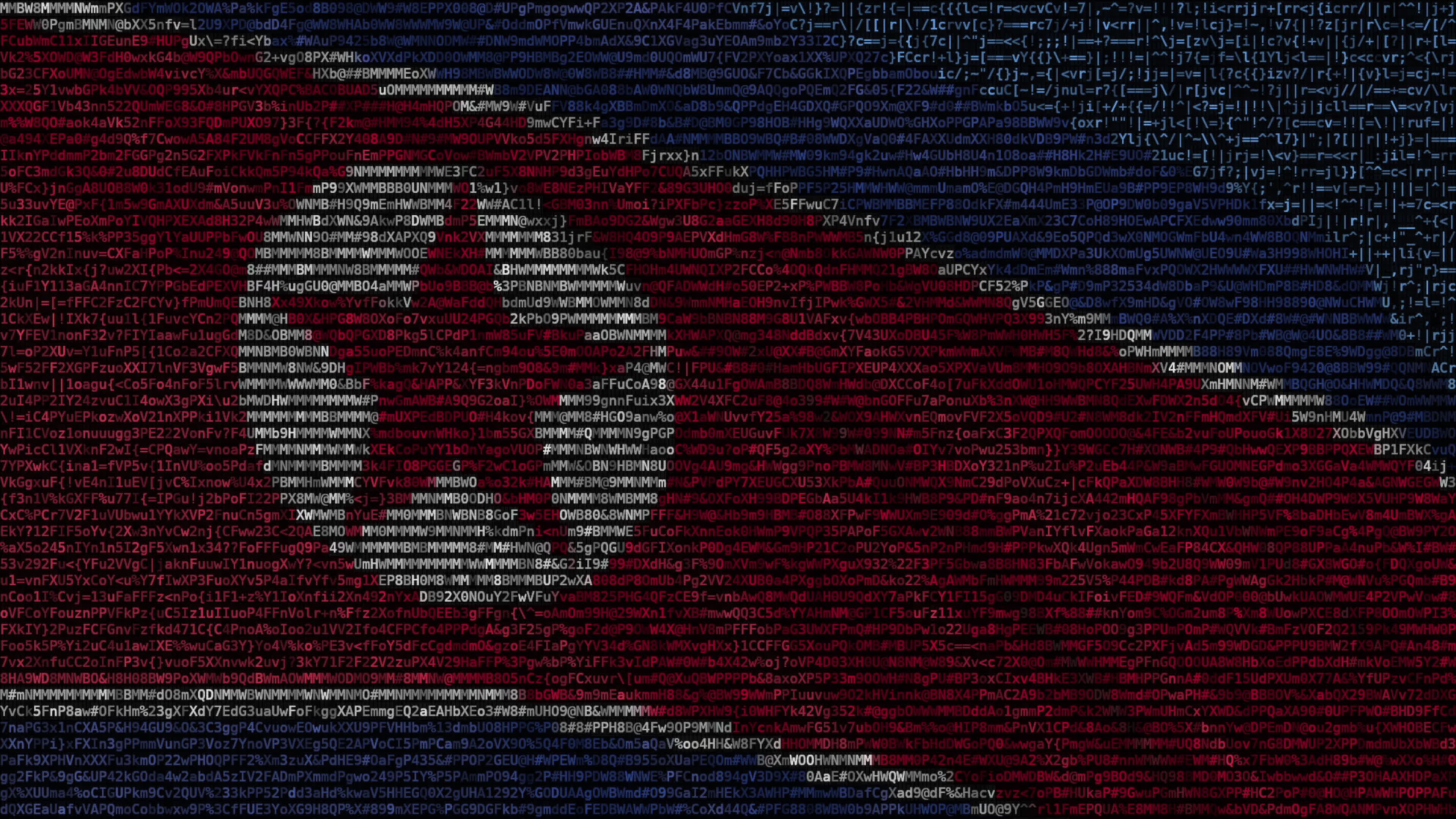North Korea has got its hands on AI - and is testing its ability to commit cyberwarfare
Dangerous new precedents are being set as North Korea combines AI and hacking

North Korea has somehow managed to not only get its hands on AI, but also be the first nation to be publicly confirmed by the US to be using AI in cyber warfare, new reports have claimed.
North Korea is well known for its cyber attacks, but this latest innovation in its methods of conducting warfare over the internet is a new level of concern for both nations and businesses across the globe.
The hermit kingdom has demonstrated its fondness for devastating hacks on multiple occasions, with the 2017 WannaCry and 2014 Sony hack topping its repertoire.
A dangerous development
This latest development was confirmed in a statement given by Anne Neuberger, Deputy National Security advisor, in a press briefing on Wednesday. “We have observed North Korean and other nation-state and criminal actors try to use AI models to accelerate the creation of malicious software and identify systems to exploit.”
As many of us have seen, AI such as ChatGPT or other AI Writer software can be used to drastically increase the speed of mundane processes, but this combination of AI and cyber attacks could be used to create new exploit code at an alarming rate.
There are also fears that North Korea could employ machine learning to train and develop its cyber intelligence, allowing the regime to increase not only the volume of its attack but also the quality.
With sanctions from around the world, North Korea has had to turn to other methods of generating much needed income, and cyber attacks have become a highly lucrative means of generating cash.
Sign up to the TechRadar Pro newsletter to get all the top news, opinion, features and guidance your business needs to succeed!
Luckily for the rest of the world, AI is also being used as a defensive tool to protect against cyber attacks. Nueberger stated that competitions such as the DARPA AI Cyber Challenge are being used “to incentivize and jumpstart defensive hackers using AI to build cybersecurity defenses.”
Via VentureBeat
More from TechRadar Pro
- US urging allies not to pay hacker ransoms
- Here's a list of the best firewalls today
- These are the best malware removal tools right now

Benedict has been with TechRadar Pro for over two years, and has specialized in writing about cybersecurity, threat intelligence, and B2B security solutions. His coverage explores the critical areas of national security, including state-sponsored threat actors, APT groups, critical infrastructure, and social engineering.
Benedict holds an MA (Distinction) in Security, Intelligence, and Diplomacy from the Centre for Security and Intelligence Studies at the University of Buckingham, providing him with a strong academic foundation for his reporting on geopolitics, threat intelligence, and cyber-warfare.
Prior to his postgraduate studies, Benedict earned a BA in Politics with Journalism, providing him with the skills to translate complex political and security issues into comprehensible copy.